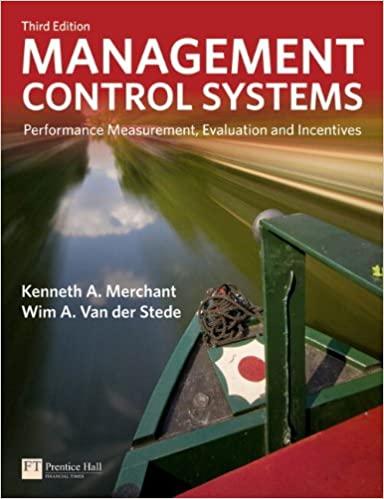Oahu Kiki tracks the number of units purchased and sold throughout each accounting period but opplies its inventory costing method at the end of each month, as if it uses a periodic inventory system. Assume Oahu Kiki's records show the following for the month of January, Sales totaled 300 units. Required: 1. Calculate the number and cost of goods available for sale. 2. Calculate the number of units in ending inventory. 3. Calculate the cost of ending inventory and cost of goods sold using the (a) FIFO, (b) LIFO, and (c) weighted average cost methods. Complete this question by entering your answers in the tabs below. Calculate the number and cost of goods available for sale. Oahu Kiki tracks the number of units purchased and sold throughout each accounting period but applies its inventory costing method at the end of each month, as if it uses a periodic inventory system. Assume Oahu Kikl's records show the following for the month of January. Sales totaled 300 units. Required: 1. Calculate the number and cost of goods available for sale. 2. Calculate the number of units in ending inventory. 3. Calculate the cost of ending inventory and cost of goods soid using the (a) FIFO, (b) LIFO, and (c) weighted average cost methods. Complete this question by entering your answers in the tabs below. Calculate the number of units in ending inventory. Oahu Kiki tracks the number of units purchased and sold throughout each accounting period but applies its inventory costing method at the end of each month, as if it uses a periodic inventory system. Assume Oahu Kiki's records show the following for the month of January. Sales totaled 300 units. Required: 1. Calculate the number and cost of goods avaliable for sale. 2. Calculate the number of units in ending inventory. 3. Calculate the cost of ending inventory and cost of goods sold using the (a) FIFO, (b) LIFO, and (c) weighted average cost methods. Complete this question by entering your answers in the tabs below. Calculate the cost of ending inventory and cost of goods sold using the (a) FIFO, (b) UFO, and (c) weighted average cost methods









